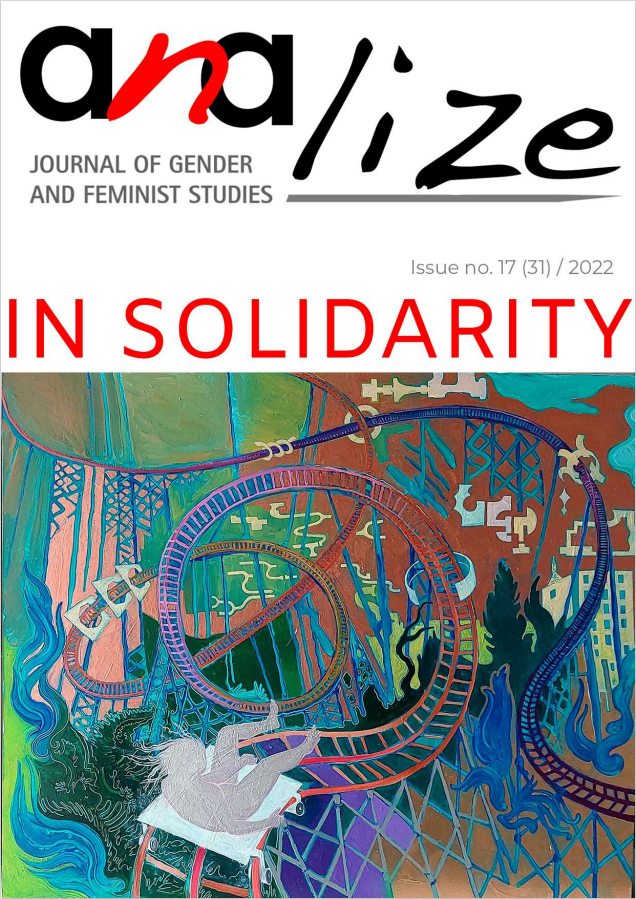An Intercultural Analysis of Zami (1982) by Audre Lorde
as a feminist Bildungsroman
An Intercultural Analysis of Zami (1982) by Audre Lorde
as a feminist Bildungsroman
Author(s): Giorgia ScribellitoSubject(s): Gender Studies, Theory of Literature, American Literature
Published by: Societatea de Analize Feministe AnA
Keywords: Audre Lorde; interculturalism; Zami; narratives; feminism; theory of literature;
Summary/Abstract: This article analyses Zami (1982) by Audre Lorde in light of feminism and interculturalism and the “Bildungsroman.” Specifically, it considers Zami as a Bildungsroman although as defined by the author this book is a mythical-auto/biography. The article argues that, although in the form of an autobiography, Lorde describes how she achieves “Bildung.” In particular, highlighting the complexity that transpires from this work, the article argues that Lorde had multiple identities, which she struggled to balance and after all, she was a complex person with a well-defined identity as a lesbian, Caribbean, and “black/mixed” woman. Although defined in many different ways in terms of genre, Zami offers innovative and challenging visions of “gender” and sexuality, which are still actual today and lay the ground for important reflections on current American, but also European, African, and Latin American societies, in general for society at large. Ultimately, this article argues that Zami is a complex Bildungsroman.
Journal: AnALize: Revista de studii feministe
- Issue Year: 2022
- Issue No: 17 (31)
- Page Range: 40-52
- Page Count: 13
- Language: English

